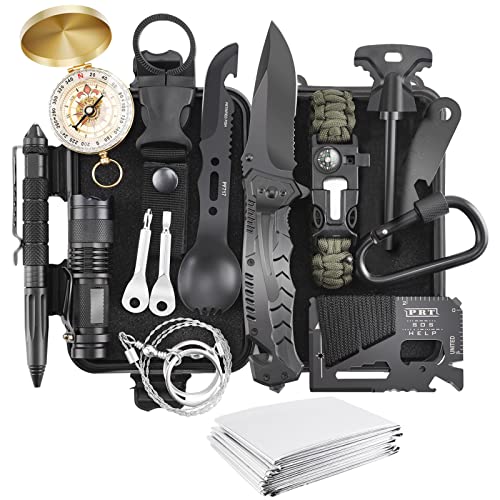For your sake, I hope your right. I'm 99% positive your not and will never take such shot.
I understand.
If anyone wants to object to the shot on religious grounds, then they should keep in mind that material from electively aborted fetuses was used in both the research and development of some of the COVID vaccines.
I am not a "right-to-life" person (I defend a woman's right to choose within, say, 18 weeks), but I'm intensely sympathetic toward the pro-life people, as I would have been euthanized for my autism and/or my Jewish heritage . . . as these things would have defined me as being subhuman.
With these points in mind, I can see someone refusing vaccines on the basis of wanting to refuse to benefit from abortion on moral grounds.
Also, I have a problem with the news constantly criticizing anti-vaxxers without bringing up the point that aborted fetal tissue was crucial for the vaccine development.
I have what used to be called Asperger's Syndrome, which was discovered by a Nazi doctor named Hans Asperger, whom knowingly sent hundreds of "defective" children to their deaths in a euthanasia facility.
It bothers me in a very deep and profound way when I wonder how much of my assessment and treatment came from unethical experiments done on handicapped child prisoners.
So, I am sympathetic toward peoples' discomfort with the vaccine . . . I just don't think it helps your position when the waters are muddied with these false claims and fuzzy, pseudoscientific half-truths.















































